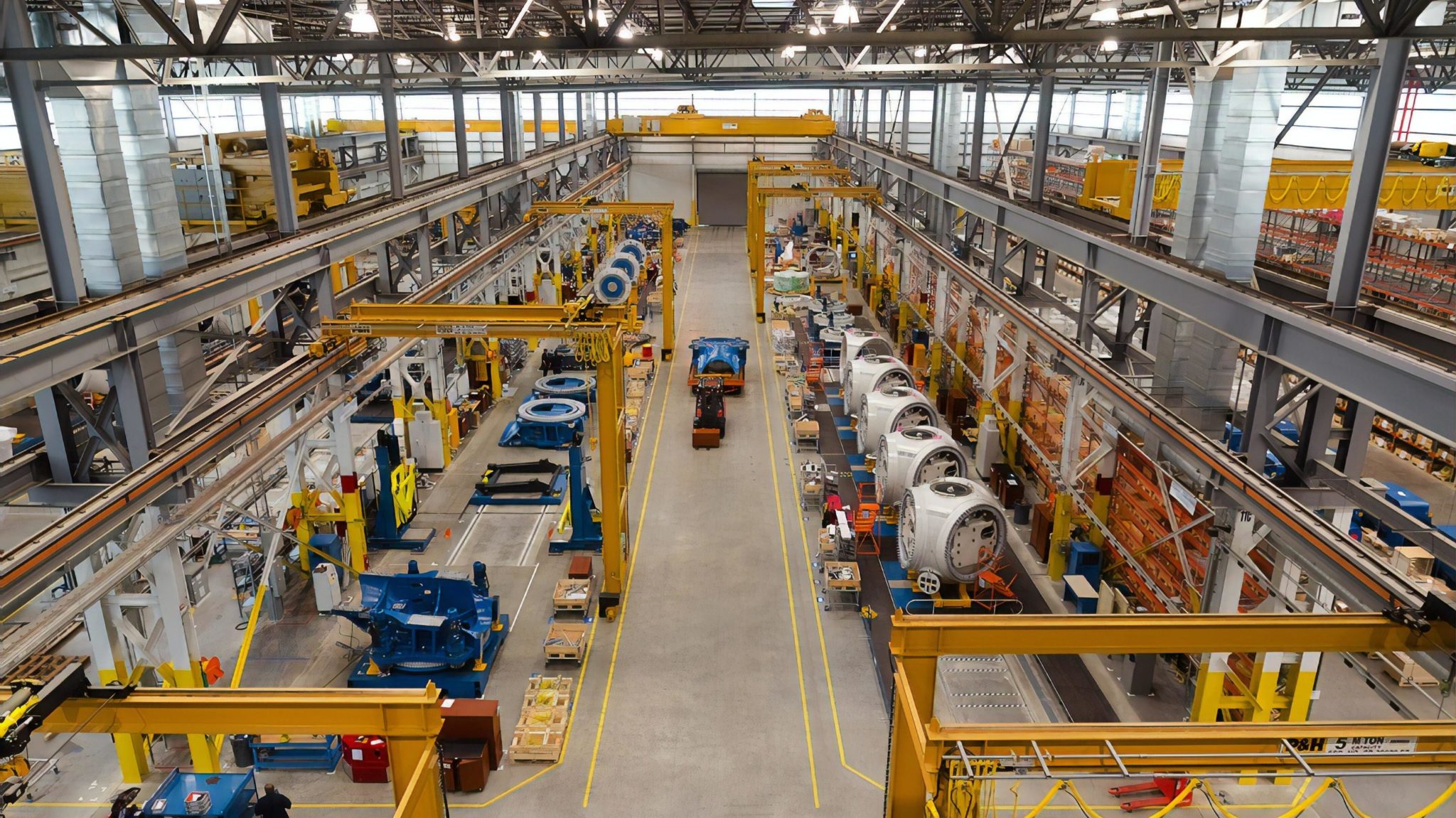The big shift: changes in Canadian manufacturing employment, 2003-2018, Full Report
Despite the significant attention paid to Canada’s loss of manufacturing jobs at a broader level, little is known about how individual Canadian regions have fared since the manufacturing employment decline of 2003-2009, caused by a combination of increased overseas competition, a rising Canadian dollar, and the 2008-2009 Great Recession.
Key Takeaways

Executive Summary
In Canada, employment in manufacturing fell by over 500,000 positions between 2003 and 2009, with over 300,000 of the net decline occurring before the Great Recession of 2008-2009. Since then, there has been almost no employment growth in the sector. This research examines some straightforward questions: who was affected by this job loss, what happened to them, and what was the effect on the communities in which they had been employed? Were manufacturing jobs replaced with comparable jobs, in terms of skill level and pay, in the communities in which they were lost?
The short answer is that these jobs were only partially replaced with comparable ones in the construction, wholesaling, and trucking industries in the major metropolitan centres of Toronto, Montreal, and Vancouver, as well as in communities within commuting distance of these three cities. Other traditional manufacturing communities, such as Windsor and St. Catharines-Niagara, experienced substantially smaller growth in these sectors and a larger drop in their employment rate.
A decline in an industry’s employment level affects both workers in that industry and workers with a similar skills profile, along with the communities where these industries are located. For this study, we created a methodology to define a sustained employment decline and found that between 1997 and 2018, 55 distinct industries experienced a sustained employment decline. Of those 55 industries, 35 were in manufacturing. Thirty-four of the 35 manufacturing industries saw a post-1996 employment peak between the years of 1997 and 2004, showing that employment declines in the sector began well before the Great Recession of 2008-2009, though employment declines accelerated during that recession. Most of the overall employment decline in these industries occurred before the Great Recession, likely due to a combination of enhanced overseas competition, a rising Canadian dollar, and accelerated automation.
We examine the manufacturing industries that experienced a sustained decline and the impacts on the types of workers they have historically employed. We also analyze the dis-employment question from the perspective of occupation and geography. We do not restrict our attention to individuals who had been employed in the sector, as some of the economic impacts are due to reduced hiring and job opportunities caused by the disappearance of these jobs.




